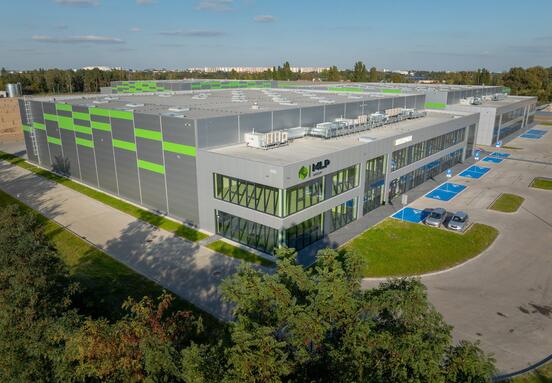Electrification as a Driver of Industrial Transformation
The report highlights that Europe’s current level of electrification stands at 21% — a figure that has remained unchanged for a decade. By comparison, China’s electrification rate is roughly ten percentage points higher.
Within the industrial sector, electricity accounts for around 26% of total energy consumption. Increasing this share — particularly across production processes and industrial facilities — could significantly enhance Europe’s competitiveness while reducing dependence on imported fossil fuels.
Rooftop Solar – The Untapped Potential of Industry
The report points out that rooftops across the European Union could generate over 1,000 GW of solar energy — ten times more than today’s capacity. The growing use of photovoltaics, heat pumps, and prosumer energy systems is expected to become one of the key pillars of the energy transition.
In Poland, this shift is already visible. Electricity accounts for around 12% of final energy consumption in buildings and 26% in industry. More companies are exploring opportunities to generate their own power, improving cost stability and energy security in industrial and logistics operations.
Policy and Investment as Catalysts for Change
Schneider Electric’s report notes that closing the price gap between electricity and natural gas will be essential to accelerate the transition. Phasing out fossil-fuel subsidies, reforming tax systems, and simplifying access to energy financing will also play a crucial role.
Funds from innovation programs and emission trading systems are expected to support electrification projects across industry and logistics, driving efficiency and decarbonization in Europe’s supply chain infrastructure.
Europe on the Path to Energy Independence
As emphasized in the report, electrification is key to Europe’s long-term energy security. Greenhouse gas emissions have already dropped by 37% compared to 1990 levels, but dependence on imported energy remains high.
Increasing the share of electricity generated from renewable sources can reduce operational costs, improve industrial efficiency, and strengthen the region’s competitiveness — particularly in logistics, where low-carbon solutions are becoming a new standard.
source: dfusion.pl








